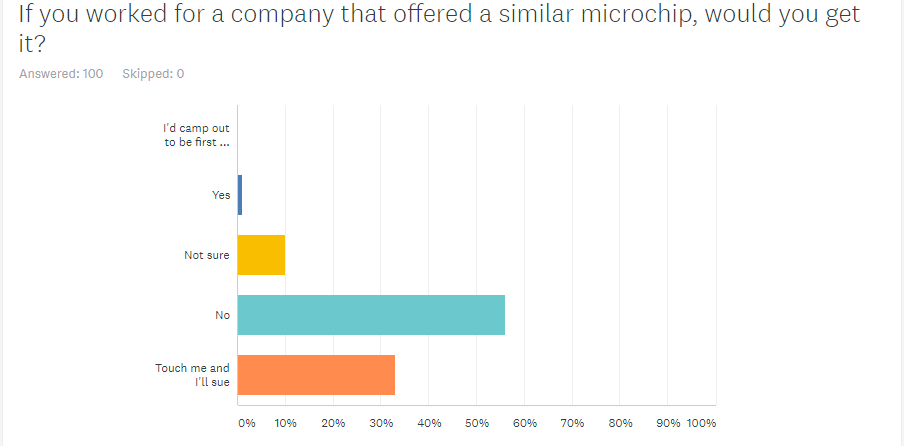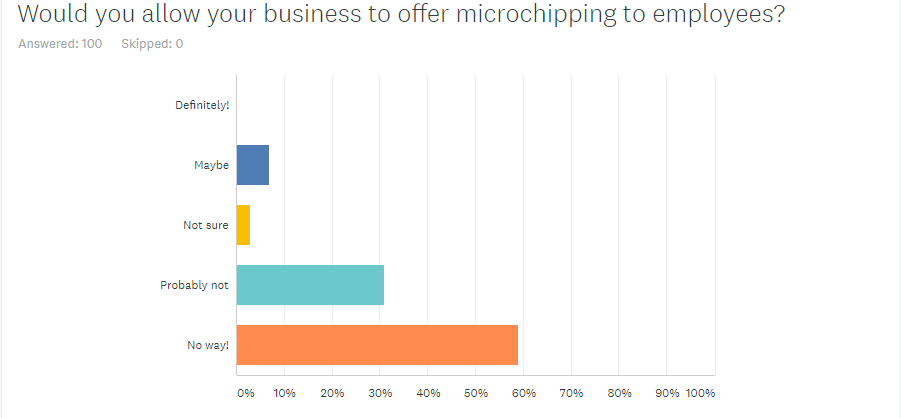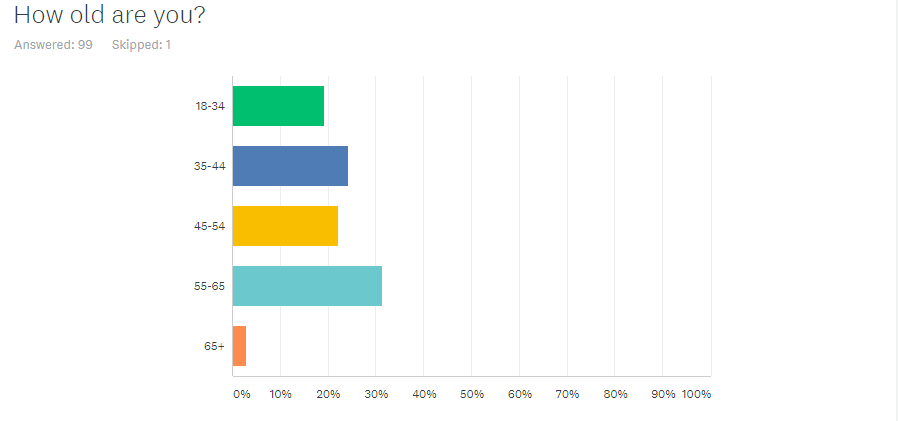Search
DOJ: Federal law does not protect gay employees from discrimination at work
On the same day that President Donald Trump tweeted that the military should ban transgender people from serving, the U.S. Department of Justice doubled down. That is, in a pleading filed yesterday in a federal appellate court, the United States of America revealed its position that our federal laws that protect against discrimination at work do not apply to gay employees.
Suffice it to say, yesterday was not a good day for the LGBT community.
It’s the story that should have been grabbing more headlines than a mere tweet.
The case in which the DOJ filed its brief is called Zarda v. Altitude Express, Inc. Here’s a summary of the Zarda case from Lambda Legal:
In September 2010, Zarda, a skydiver, filed a lawsuit in U.S. District Court for the Eastern District of New York against his former employer, Altitude Express, Inc, alleging that the company violated the Civil Rights Act by discriminating against him because of his sexual orientation. The district court rejected his claim, saying that the Civil Rights Act does not protect him for bias … for being a gay man. Tragically, in October 2014, Zarda died in a base jumping accident in Switzerland.
In January 2017, Gregory Antollino argued an appeal on behalf of Zarda’s estate asking a three judge panel of the Second Circuit to revisit its precedent and hold that sexual orientation discrimination is a form of sex discrimination and therefore illegal under the Civil Rights Act. The three-judge panel denied Zarda’s claim in April 2017, but held that Zarda would be entitled to a new trial if the full Second Circuit agreed with his arguments about Title VII of the Civil Rights Act.
The full panel from the Second Circuit Court of Appeals invited briefs from both the parties and other non-parties. The U.S. Equal Employment Opportunity Commission, which is considered an independent federal agency, filed this brief in which it argued that sex discrimination under Title VII also covers discrimination based on sexual orientation. Then, you have this brief filed collectively by a number of publicly-traded companies including Microsoft, Google, and CBS. They took the same position as the EEOC. As did a number of bar associations in this brief.
DOJ: It’s like “enforcing sex-specific bathrooms.”
Yep, that leaves the Department of Justice, arguing on behalf of the United States of America, as one of the outliers. Here’s the money shot from the DOJ’s brief:
Title VII does not proscribe employment practices that take account of the sex of employees but do not impose differential burdens on similarly situated members of each sex. For example, employers necessarily consider the sex of their employees when maintaining and enforcing sex-specific bathrooms, but that alone does not constitute per se discriminatory treatment. Such practices do not categorically violate Title VII because they do not discriminate between members of one sex and “similarly situated” members of the opposite sex.
In other words, I read this to say that it’s ok to treat gay employees poorly if you treat their lesbian co-workers like crap too.
Fortunately, just as military policy cannot be scrapped with a tweet, the DOJ’s position does not control in the Second Circuit. That’ll be up to a full panel of judges.
[UPDATE (7/28/17 11:35 AM): Yuki Noguchi from NPR was kind enough to interview me (among others) about this case. You can listen to that short interview here.]
Pass me the chips, err, chip.
I promised you some poll results today, didn’t I?
The results below are based on the first 100 respondents in yesterday’s survey. Sorry, even with the big blogging dollars, I ponied up for the free SurveyMonkey poll
(Click on any image to enlarge it.)
 The Employer Handbook Blog
The Employer Handbook Blog






